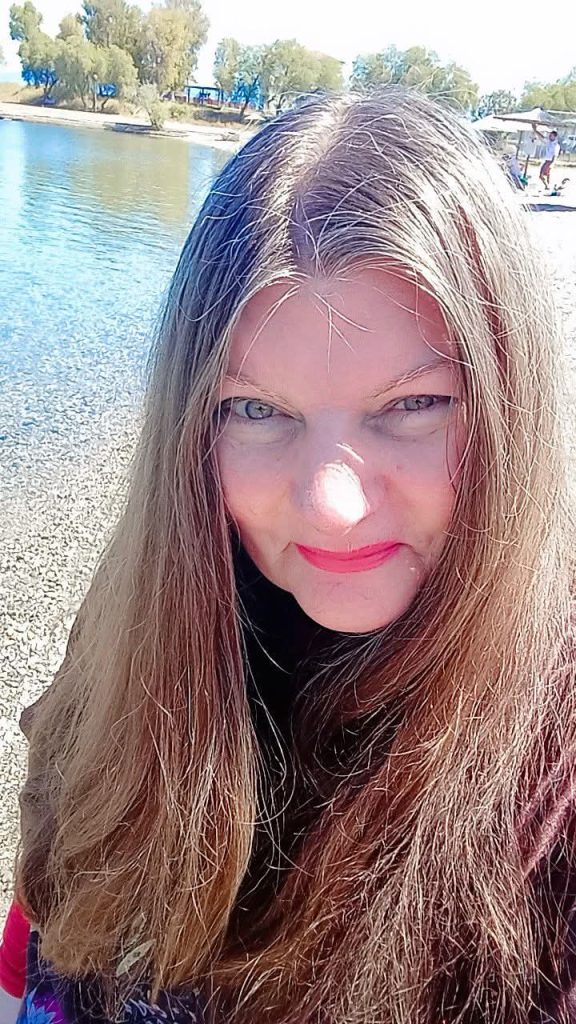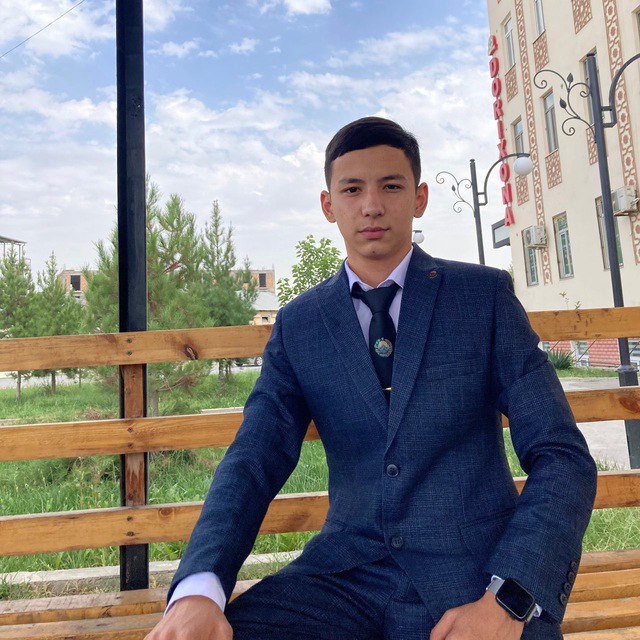Free entry only to queer parties
The night hides your face like you’re a thief
You steal my hugs and kisses all night
You’re horny and we don’t limit ourselves to jerking each other off
Your marble eyes close
You fall asleep on the snow-white sheet of my chest
A couple of days later you leave for another city to join your wife and children
You save to buy them all gifts
I’m forced to save my feelings again
Free entry only to queer parties
***
We fucked loudly all night while nuclear power plants mushroomed
We swallowed sperm so greedily that it started to rain and the air bombs got wet
We kissed so passionately that flowers began to grow outside the cemetery
We jerked off for so long that during this time the neighbor’s children grew up
Basements are dark, so it’s easier to have sex there
But it’s too early for children to have sex, so they just sit silently in bomb shelters
The gun’s erection bursts out of screaming throats
Severed heads continue to give blowjobs
Trigger of cardiac atavism
Something exploded in a bright jet and splashed the walls of the bomb shelter:
Gun or strap-on?
Blood or sperm?
***
cover man
stubble on the face
press on the stomach
in strong hands he holds a sword
there is a dragon tattooed on his hand that is about to devour me
in my childhood, models from glossy magazines looked a little stereotypical, but even then they seemed sexy to me in a sense
the dragon swallowed me
no sword will cut my pupils now
all the people around me look stereotypically like the same man from the cover of a magazine
did everyone really look at gloss in childhood?
Is it really true that everyone in adulthood loves stubble and six-pack abs?
I’m walking along an empty subway car
the wind of the underground blows traces of the past
the heat of the dungeon melts the flesh of the future
I’m nowhere and I don’t have stubble or abs
I’m nobody by the standards of glossy magazines
no one needs my body, not even myself
my body doesn’t even want to fuck because in reality fucking is not as glossy as in porn films
It’s surprising that glossy magazines are still quite popular
a cute boy with a beautiful butt is going down the escalator
his eyes are lowered to the phone screen
the heat and wind of time are blowing up our sandy footprints that never existed
***
I want you to tear my ass with your dick but you are no longer there
Your body is locked with the key of the night
My dick is forever locked in a chastity belt
Nobody knows what it means to die from love for a dead person
Everyone knows what death is, love and the dead
However time attaches no importance to anything and drowns everything in its water
I would like to drown in sperm and not in the water of lonely days
I wish atomic bombs wouldn’t grow instead of mushrooms
I want to drink your cum in the secret compartment of a nuclear power plant
Your grave is flooded after a hydroelectric explosion
Your body is shot through by a senseless war
(Another war that looks like dust dye)
You always loved flowers and didn’t like khaki
Plastic flowers are now with you forever
I’m now forever alone with time
I dream of being killed by a bomb and after that no one ever dies anywhere
I’m drowning in the water of a blown up hydroelectric station and I’m drowning in the lonely time that you gave me
Death is your first gift to me
(You were deliberately cold towards me because you knew about my love feelings)
This is your last gift
Death lights up on the horizon like a box with an unknown surprise
Instead of a strap-on there are still rifles
Instead of me people who thirst for life still die
But I’m not comfortable and I feel stolen at birth
Who and why brought me to the world of water and sand
Sand castles still await the tide
I’m always late (for dates and cemeteries)
I can not swim



